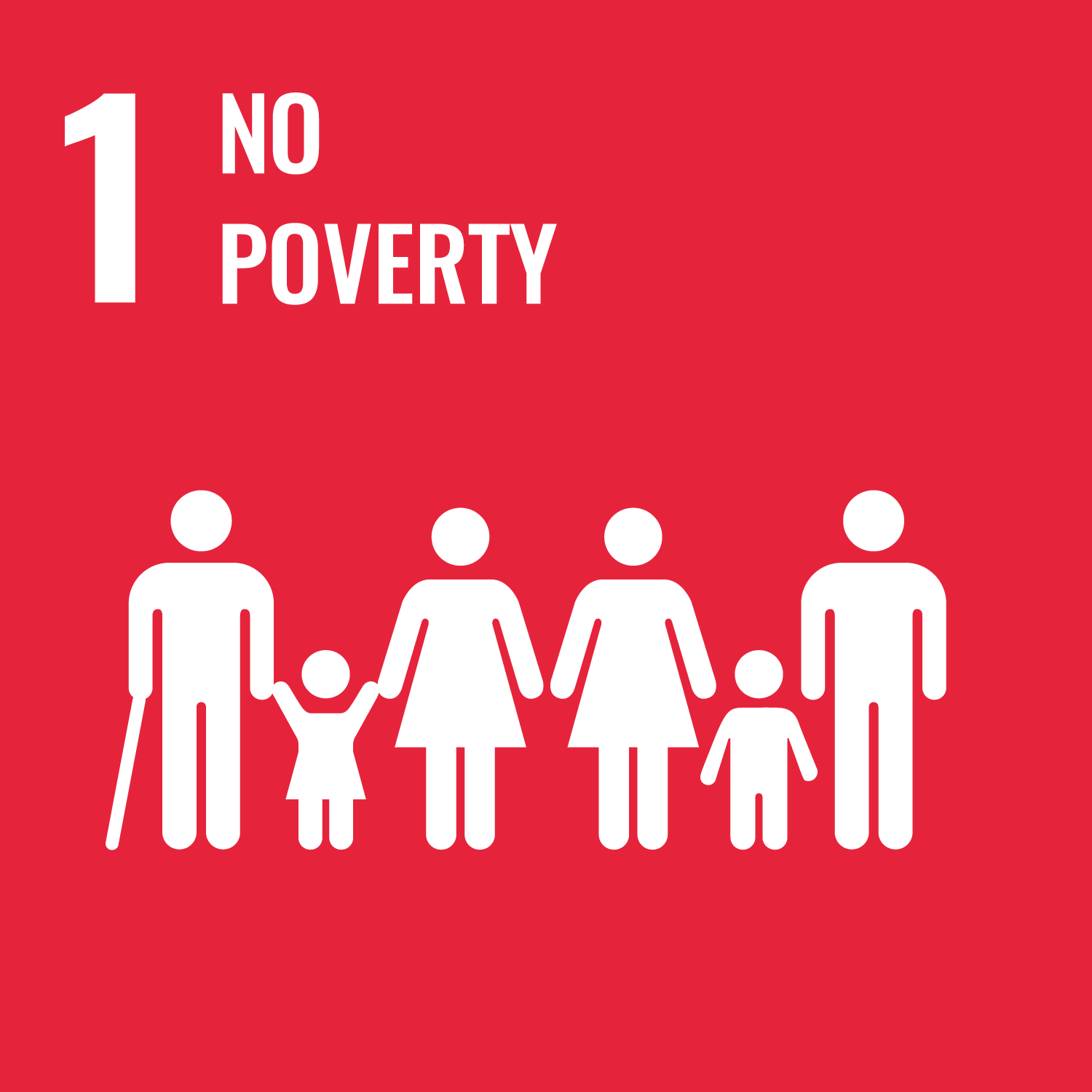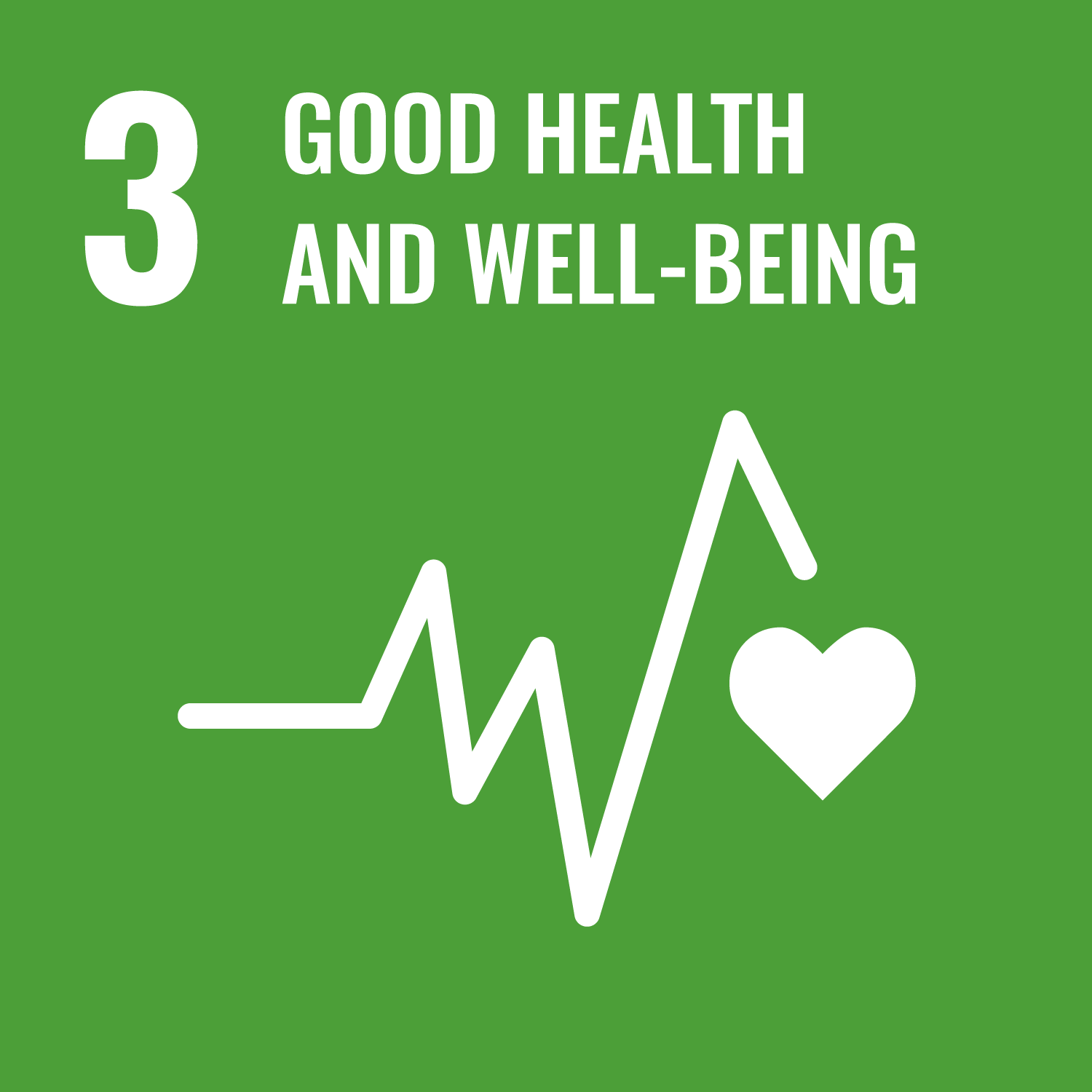Entrenched Rough Sleepers Social Impact Bond- Pan-London
Aligned SDGs




- Entrenched Rough Sleepers Social Impact Bond- Pan-London
- General overview
- Location
- Involved organisations
- Outcome metrics
- Spreadsheet of data
- Entrenched Rough Sleepers Social Impact Bond- Pan-London
- General overview
- Location
- Involved organisations
- Outcome metrics
- Spreadsheet of data
General overview
Stage of development: Complete
Policy sector: Homelessness
Date outcomes contract signed: Oct 2017
Start date of service provision: Oct 2017
Capital raised (minimum): GBP 250k (USD 321.76k)
Max potential outcome payment: GBP 3m
Service users: 320 individuals
Intervention
The scheme will work on the established ‘payments by results’ model, helping long-term rough sleepers move off the streets and into stable accommodation. Payment will be made to service providers with the skills and experience to effectively help long-term rough sleepers. The Social Impact Bond builds on previous homelessness SIBs contracted with St Mungo's and Thames Reach in London.
Target population
320 of the most entrenched rough sleepers – which includes those with mental health issues, as well as drug and alcohol problems – across all 33 London local authorities
Location
Country
- United Kingdom
Service delivery locations
- London, United Kingdom
Involved organisations
Commissioners/outcome payers
Service Providers
Investors
Outcome metrics
- Accomodation - Entering Accommodation
- Accomodation - 3 months in accomodation
- Accomodation - 6 months in accomodation
- Accomodation - 12 months in accomodation
- Accomodation - 18 months in accomodation
- Accomodation - 24 months in accomodation
- First Assessment - General Wellbeing Assessment (Better Managed Needs)
- Second Assessment - General Wellbeing Assessment (Better Managed Needs)
- Third Assessment - General Wellbeing Assessment (Better Managed Needs)
- Mental health (MH) entry into engagement with services - Better Managed Needs
- Mental health (MH) sustained engagement with services - Better Managed Needs
- Alcohol misuse entry into alcohol treatment - Better Managed Needs
- Alcohol misuse sustained engagement with alcohol treatment - Better Managed Needs
- Drug misuse entry into drug treatment - Better Managed Needs
- Drug misuse sustained engagement with drug treatment - Better Managed Needs
- Improved education/training (Entry into employment) 1) Self-cert form 2) One of the following: 1. Certificate 2. Trainer letter/email
- Volunteering/self-employed 13 weeks (Entry into employment) 1) Self-cert form 2) Organisation letter/email
- Volunteering/self-employed 26 weeks (Entry into employment)
- Part time work 13 weeks (Entry into employment) 1) Self-cert form 2) One of the following: 1. Contract 2. Payslips 3. Employer letter/email 4. Invoices and remittances
- Part time work 26 weeks (Entry into employment)
Spreadsheet of data
Important Notice and Disclaimer on INDIGO Data
INDIGO data are shared for research and policy analysis purposes. INDIGO data can be used to support a range of insights, for example, to understand the social outcomes that projects aim to improve, the network of organisations across projects, trends, scales, timelines and summary information. The collaborative system by which we collect, process, and share data is designed to advance data-sharing norms, harmonise data definitions and improve data use. These data are NOT shared for auditing, investment, or legal purposes. Please independently verify any data that you might use in decision making. We provide no guarantees or assurances as to the quality of these data. Data may be inaccurate, incomplete, inconsistent, and/or not current for various reasons: INDIGO is a collaborative and iterative initiative that mostly relies on projects all over the world volunteering to share their data. We have a system for processing information and try to attribute data to named sources, but we do not audit, cross-check, or verify all information provided to us. It takes time and resources to share data, which may not have been included in a project’s budget. Many of the projects are ongoing and timely updates may not be available. Different people may have different interpretations of data items and definitions. Even when data are high quality, interpretation or generalisation to different contexts may not be possible and/or requires additional information and/or expertise. Help us improve our data quality: email us at indigo@bsg.ox.ac.uk if you have data on new projects, changes or performance updates on current projects, clarifications or corrections on our data, and/or confidentiality or sensitivity notices. Please also give input via the INDIGO Data Definitions Improvement Tool and INDIGO Feedback Questionnaire.